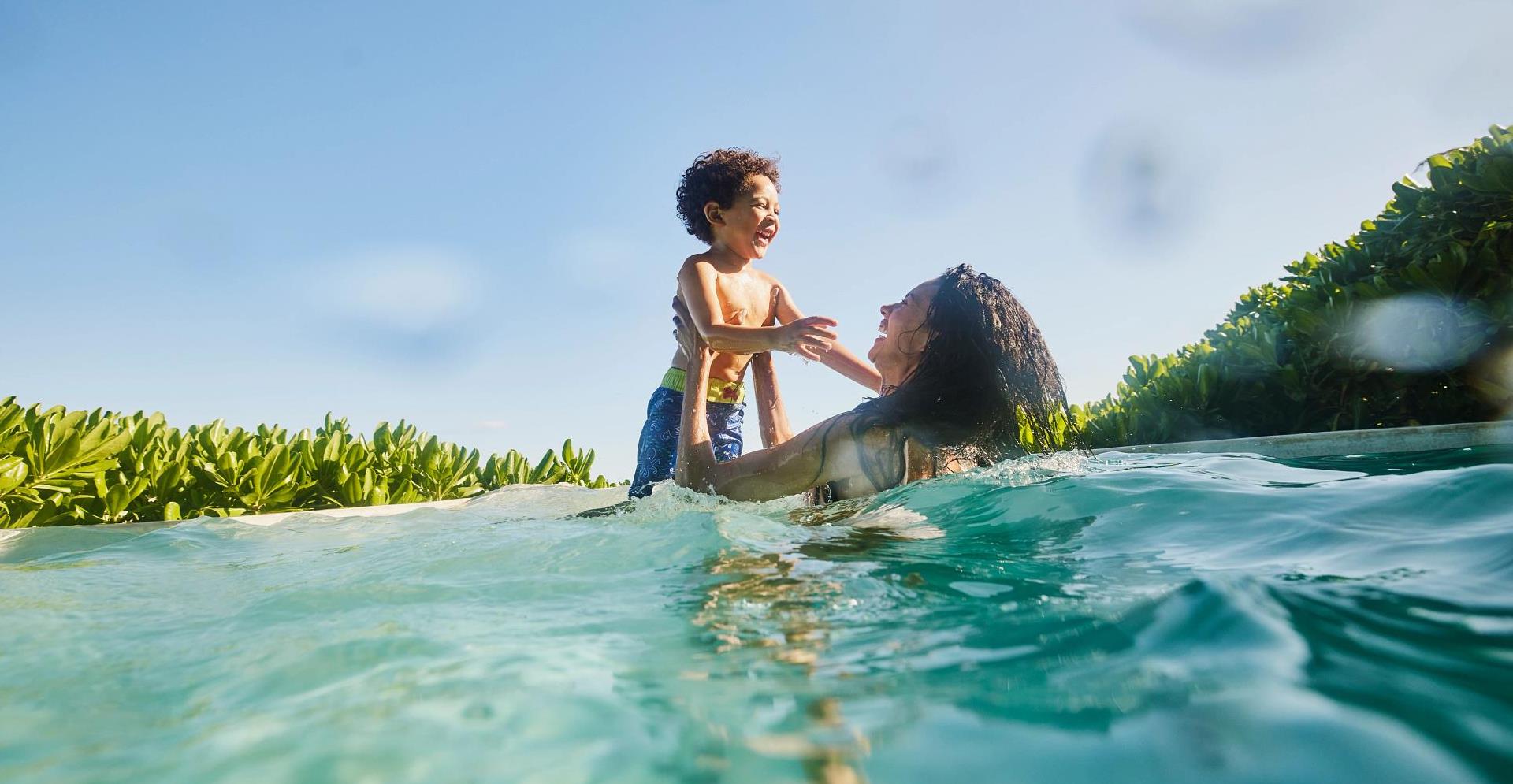As I look to World Water Day approaching in my first year as Global Director for Climate Adaptation, I find myself reflecting not just on the theme of ‘Leveraging Water for Peace’ but also on the importance of passing the baton to the next generation of water stewards. This resonates deeply, as someone invested in sustainable, innovative solutions for our planet’s most pressing challenges.
Secure and sustainable access to a clean water supply is the lifeblood of any community. Everyday living, agricultural and industrial processes, business operations, district heating and cooling, and even power supply often depend on this. So how can we raise awareness of the 2.2 billion people for whom ‘Sustainable Development Goal 6: Clean Water and Sanitation for all by 2030’ has not been realized yet?
Water – perhaps our most abundant yet, at times, least accessible resource – plays a vital role cross-borders in fostering unity, resilience, and sustainability in the face of climate change. This year, as I get ready to speak at Duke University on the topic of ‘Ensuring that the Infrastructure We Build Today Creates the World We Want Tomorrow’, I wanted to take a moment to pause and reflect on the legacy we are leaving and the water leadership and understanding of this critical role we should be instilling in generations to come.
Empowering communities and the next generation: Inclusivity as the foundation
True climate resilience begins with empowering communities. Water is more than a resource challenge: it is a social crisis that affects billions worldwide. Marginalized groups including women and girls are often the ones who are affected most1 and is our duty as leading actors but also as major water users2 to contribute to mitigating this inequality. And we know that climate change and conflicts over water resources hit hardest where resilience is already compromised. Of the 20 most vulnerable and least climate resilient countries, 12 were subject to violent conflicts in 20203.
Prioritizing inclusivity, solidarity, and collaboration should be at the heart when looking at long-term solutions. Take, for example, our partnership with UN Habitat for the Shelter program where we are working in communities like Moyale in Kenya to provide technical solutions for water scarcity, while improving access and quality of life for the ever-expanding population. Programs like this provide a route to engage local stakeholders and underrepresented groups, ensuring everyone has a voice at the table in the decision-making processes, creating a space for engagement and ownership. And, as our Global President for Resilience, Heather Polinsky, announced at the UN Water Stage, Arcadis is also committed to achieving diversity and gender balance, with a target of 40% woman and a focus on underrepresented minorities.
These commitments and actions to drive more engagement and representation are a first step in creating more effective, far-reaching solutions beyond addressing immediate water challenges, while also fostering trust and resilience within communities.

